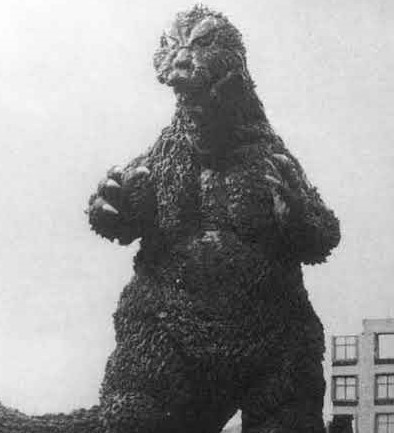
They’re not. Although you’d never know it the way some authors write. It’s frustrating and I keep finding myself wanting to say, or actually saying, “Well, duh!” Or something much more specific laced with words I probably shouldn’t use in a public (semi-public?) forum. Let’s look at a simple example: The young mother surveyed the room. Her daughter’s clothes were strewn across the floor, the desk was piled high with plates of dried food and empty cans of Red Bull. The television was blaring from the corner, but Emma’s eyes were glued to her phone, earbuds jammed in place, her head rising and falling to whatever it was she was listening to. Mom found the TV remote under a pillow and snapped it off. She stood with her hands on her hips staring at Emma until the girl sighed dramatically and pulled out an earbud. So far so good, no real issues. Let’s continue. “This room is a mess. You’ve GOT to be more responsible for yourself,” Mom said, exasperated. “This can’t continue,” she said in frustration. Okay, here’s the problem, while never having been blessed with a teen-aged daughter, if I walked into her room and saw what I believed to be complete disarray, and then said what Mom said about being more responsible, wouldn’t it be OBVIOUS I was exasperated? And frustrated? Why the hell does the author feel he has to point that out to the reader? Doesn’t the scene itself spell it out? Doesn’t the dialogue at least strongly imply it? Check out the following.
Ed and Steve stopped in their tracks as they heard the ear-splitting screech coming from somewhere ahead. It echoed off the surrounding mountains, sounding like the wail of a crow amplified about ten thousand times. They looked at each other, then Ed raised his arm and pointed. “Look th-th-there, he stammered, terrified. A lizard the size of a Winnebago was cresting the peak of the mountain nearest the boys. It paused to emit another earsplitting screech. “What the hell,” Steve whispered, “I’ve never seen anything like that, ever.”
Oye. Let’s unpack this. The boys are walking. They hear a head-splitting scream. Ed sees something, points, then it’s: “Look th-th-there!” he stammered, terrified. First, we know he is stammering because the “th-th-there” SHOWS this to the reader. Remember the old “show don’t tell” rule? Huh? Do you? Apparently a lot of published authors don’t. This author goes on to inform the reader of the fact that ole Ed is terrified. Really? Who’da thought? A giant lizard climbing over a mountain directly in front of you? Glad that was clarified for me. And then there’s Steve. I think you may know where I’m going with this example. We’ve got a giant, screaming lizard approaching from dead ahead and he’s “…never seen anything like that, ever.” Really, Steve. What, don’t get out much? I once had to battle two giant lizards for the last package of toilet paper during the pandemic. COME ON! Of course he’s never seen anything like it. It’s a giant effing lizard! This isn’t poor Steve’s fault; it’s the fault of the fool who created him and dropped him and Eddie into this situation. Let’s try another.
The moment the woman entered the room all eyes were upon her. She was statuesque, poised, confident, with a body many would gladly kill for. The men wanted her, the women wanted to be her. She was beautiful. Despite the overused, “The moment she entered the room” thing, it’s okay. I appreciate the fact it does go into detail describing her looks; it simply states, statuesque, poised, confident, good body. This description can mean very different things to different readers. It may evoke the memory of a girl from high school you always had a crush on, maybe she looks like a coworker, maybe she’s a dead ringer for a certain celebrity. She probably does not look exactly the same for anybody. We, the readers, fill in the more specific details. I like that a lot.
One of the first things I wrote had a young boy in it. I think I described him as being small, and I wanted his words and actions to show he was rather timid. That’s about it for description. One person who read it very early on asked me what the kid looked like. I said small. He asked, Yeah, but hair color, eye color, clothes, come on! I told him to fill in the blanks with whatever he chose. He then proceeded to get pissed and referred to the character as “Mystery Boy.” It got me thinking, do I need to fill in those blanks? I finally decided no. Some of my favorite characters in literature aren’t fully described. They’re left up to me to flesh out the details. And I’m good with that.
By the way, that woman above entering the room? The final sentence? “She was beautiful.” It’s unnecessary. It’s obvious to me she was beautiful. She looks exactly like….


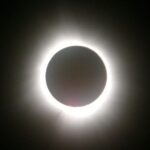
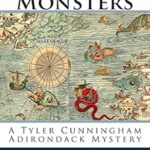
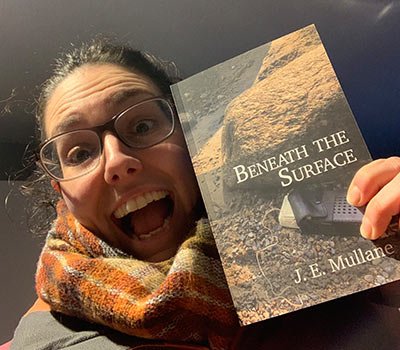


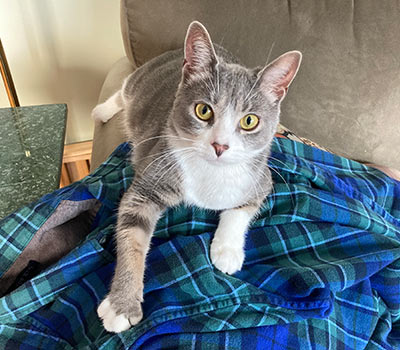
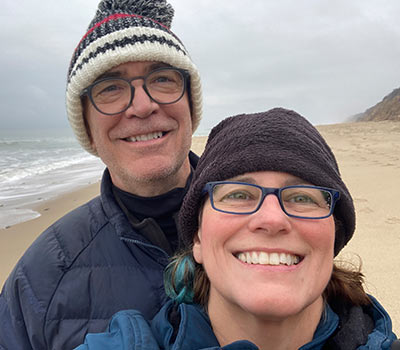


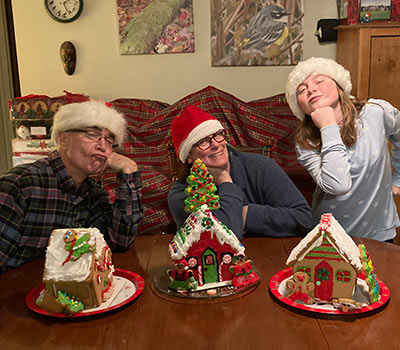
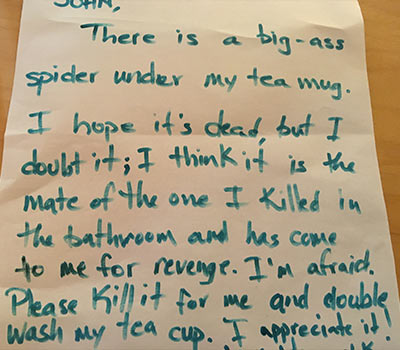
Hey! Mr. Mullane!
I am a super-senior,sometime I have to read your book twice to make sure I understand the story, your are a amazing author. I enjoy when you mention places or name that reminds me of someone it perks my curiosity. This moment right now I want to read your upcoming new book. Thank you for entertaining me.